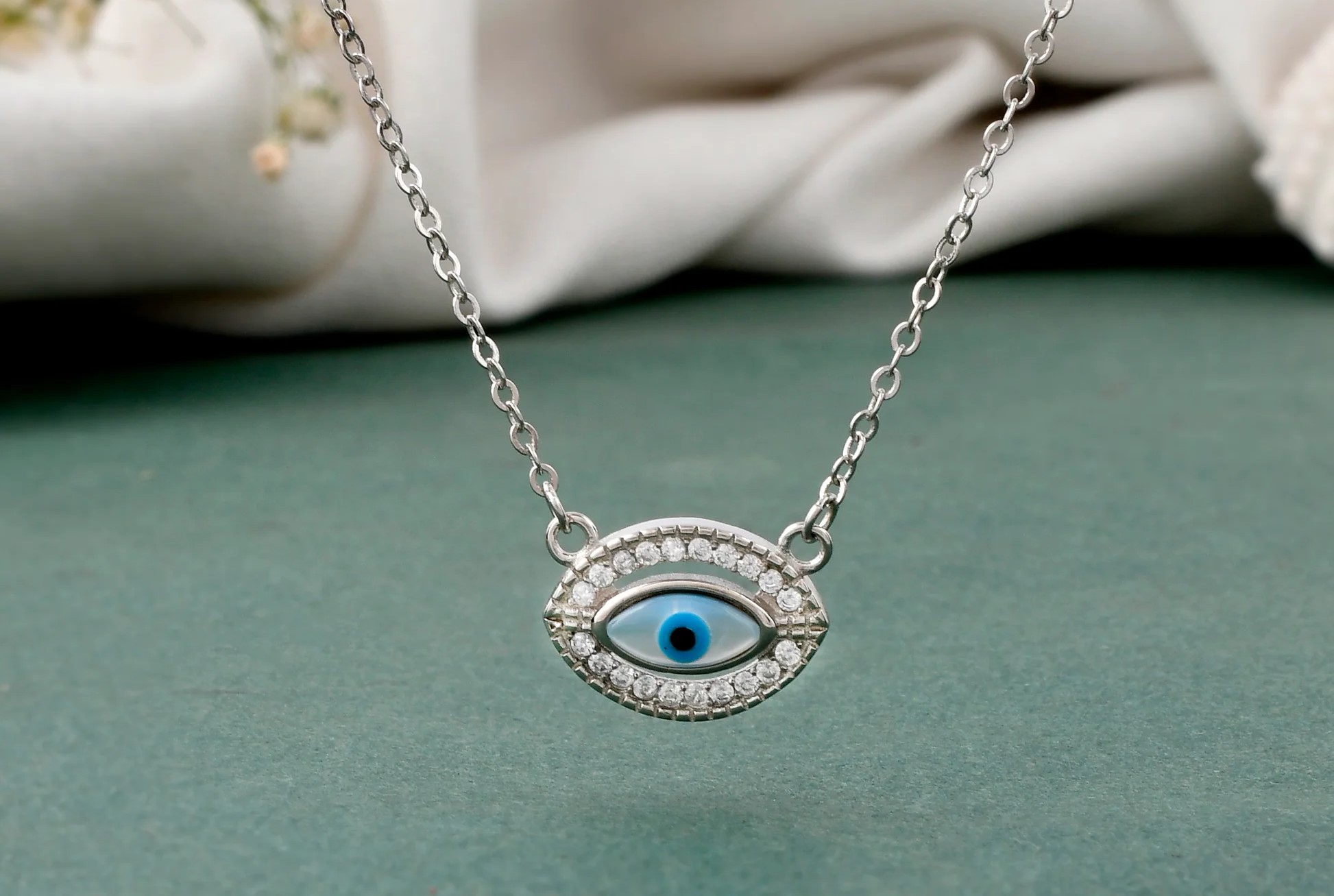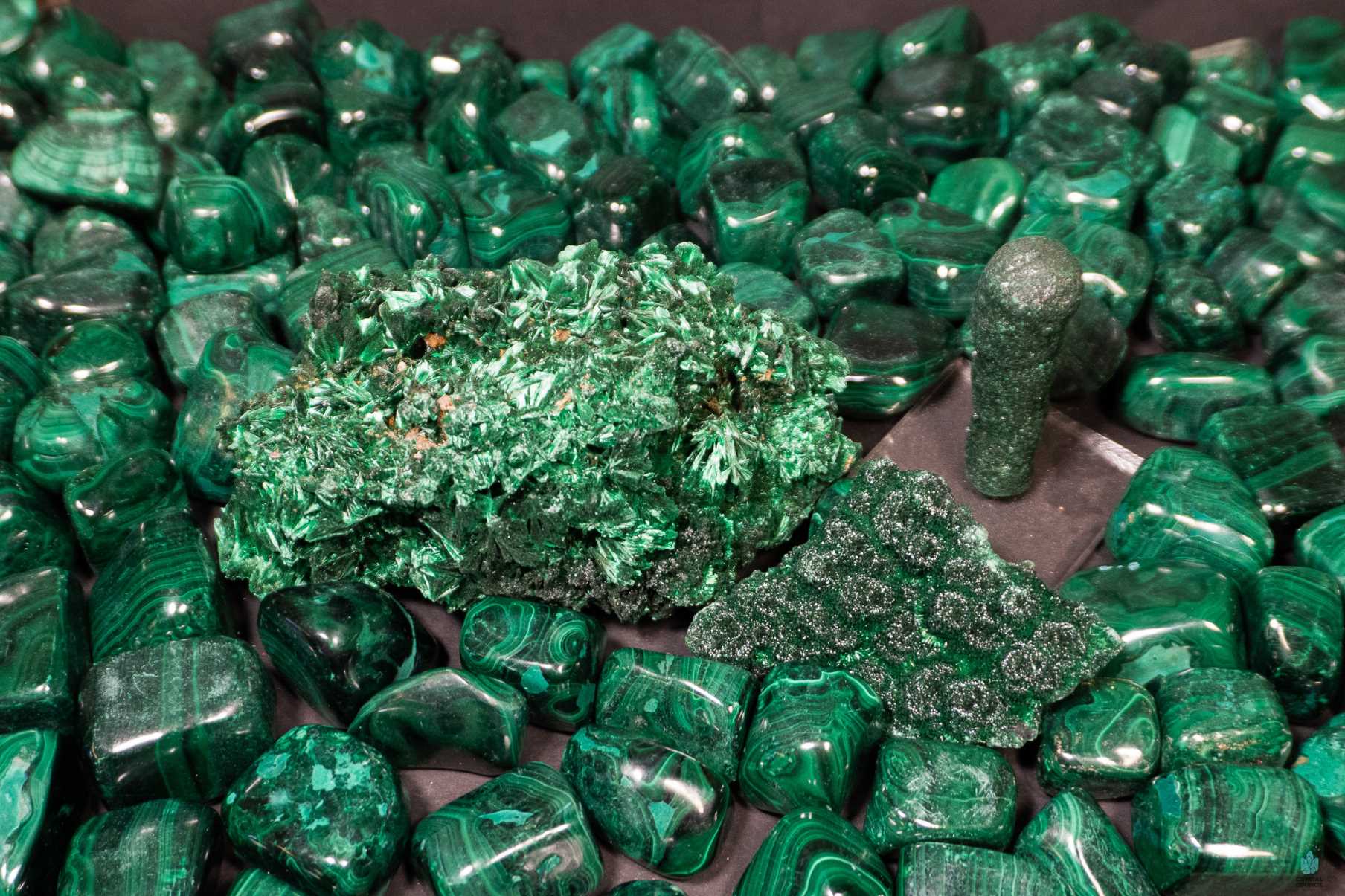Home>History>The Shocking Truth About Rasputin: Was He Truly Evil?


History
The Shocking Truth About Rasputin: Was He Truly Evil?
Published: February 13, 2024
Uncover the enigmatic life of Rasputin and explore whether he was truly evil in this intriguing exploration of history. Discover the shocking truth now!
(Many of the links in this article redirect to a specific reviewed product. Your purchase of these products through affiliate links helps to generate commission for Regretless.com, at no extra cost. Learn more)
Table of Contents
Introduction
Rasputin, the enigmatic figure shrouded in mystery and controversy, continues to captivate the imagination of people around the world. His name evokes images of a sinister and malevolent character, a man whose influence over the Russian royal family during the twilight years of the Romanov dynasty was both profound and unsettling. Yet, beneath the layers of myth and legend, lies a complex and multi-faceted individual whose true nature remains a subject of intense debate.
As we delve into the life and legacy of Rasputin, it becomes clear that separating fact from fiction is a daunting task. Born into humble beginnings in rural Siberia, Grigori Rasputin would eventually ascend to a position of unprecedented power and influence within the highest echelons of Russian society. His journey from a simple peasant to a confidant of the royal family is a tale fraught with intrigue and speculation.
Rasputin's enigmatic persona and purported mystical abilities have only served to deepen the enigma surrounding him. His unorthodox methods and unassuming demeanor set him apart from the traditional figures of influence in the royal court, earning him both fervent admirers and vehement detractors. The extent of his impact on the Russian monarchy, particularly on the last Tsar, Nicholas II, and his wife, Alexandra, cannot be overstated.
The controversies that swirled around Rasputin, from his alleged debauchery to his purported ability to heal the royal couple's hemophiliac son, Alexei, have contributed to the enduring fascination with his story. The circumstances of his demise, marked by a dramatic assassination that seemed to defy belief, only added to the mystique surrounding his life and legacy.
As we embark on a journey to unravel the truth behind the legend of Rasputin, it becomes apparent that the narrative is far from straightforward. The dichotomy of his portrayal as a sinister manipulator and a benevolent healer underscores the complexity of his character. It is within this intricate web of contradictions and enigma that the true essence of Rasputin's legacy lies, prompting us to question whether he was a malevolent villain or a misunderstood mystic.
Rasputin's Early Life and Rise to Power
Grigori Yefimovich Rasputin was born into a modest peasant family in the remote Siberian village of Pokrovskoye in 1869. His upbringing was humble, and he received minimal formal education. However, Rasputin's early years were marked by an innate spirituality and an unyielding curiosity about matters of faith and mysticism. This fascination with the mystical would later become a defining aspect of his persona.
Rasputin's path to prominence began when he embarked on a pilgrimage to the Holy Land and the great monasteries of Russia. During these travels, he immersed himself in the teachings of the Orthodox Church and encountered various spiritual leaders, absorbing their teachings and developing his own unorthodox beliefs. His unassuming presence and purported ability to heal the sick through prayer and mystical rituals garnered him a small but devoted following.
The turning point in Rasputin's life came when he arrived in St. Petersburg, the capital of the Russian Empire. Despite his humble origins and lack of formal education, Rasputin's charisma and purported mystical abilities quickly attracted the attention of influential figures within the Russian Orthodox Church. His unorthodox methods and unconventional demeanor set him apart from the traditional clergy, and he soon gained a reputation as a mystic and healer.
Rasputin's rise to power was further propelled by his association with the Russian royal family. In 1905, he came to the attention of Tsar Nicholas II and Tsarina Alexandra when he seemingly helped alleviate the suffering of their hemophiliac son, Alexei. His perceived ability to provide relief to the young heir's condition earned him the favor of the royal couple, and he soon became a fixture in the highest circles of Russian society.
Despite his lack of formal credentials or noble lineage, Rasputin's influence continued to grow, much to the dismay of the aristocracy and the established clergy. His unorthodox methods and unconventional lifestyle drew fierce criticism and condemnation from those who viewed him as a threat to the traditional order. However, his enigmatic hold over the royal family and his purported ability to ease the suffering of the heir to the throne solidified his position as a figure of immense influence within the Russian court.
Rasputin's ascendancy from a humble Siberian peasant to a confidant of the Russian royal family is a testament to the enigmatic allure that defined his persona. His unorthodox path to power and influence set the stage for the controversies and scandals that would come to define his legacy, propelling him into the annals of history as a figure of enduring fascination and intrigue.
Rasputin's Influence on the Russian Royal Family
Rasputin's influence on the Russian royal family was profound and far-reaching, shaping the course of events during the twilight years of the Romanov dynasty. His enigmatic hold over Tsar Nicholas II and Tsarina Alexandra, particularly in matters concerning the health of their son, Alexei, underscored the extent of his impact on the highest echelons of Russian society.
At the heart of Rasputin's influence lay his purported ability to alleviate the suffering of the young heir, Alexei, who suffered from hemophilia, a condition that posed a constant threat to his life. When conventional medical treatments failed to provide relief, the desperate Tsarina turned to Rasputin, who seemed capable of easing the boy's symptoms through his unorthodox methods and mystical aura. This perceived ability to bring solace to the ailing heir cemented Rasputin's position as a trusted advisor to the royal couple, granting him unprecedented access to the inner workings of the Russian court.
Rasputin's influence extended beyond matters of health, permeating the political landscape of the Russian Empire. His unorthodox methods and unassuming demeanor set him apart from the traditional figures of influence in the royal court, earning him both fervent admirers and vehement detractors. His proximity to the Tsar and Tsarina allowed him to exert a significant influence on political appointments and decisions, much to the consternation of the aristocracy and the established clergy.
The depth of Rasputin's influence on the Russian royal family was a source of intense controversy and scandal, with rumors of his alleged debauchery and manipulation swirling through the corridors of power. His unorthodox lifestyle and purported hold over the royal couple fueled the animosity of those who viewed him as a threat to the traditional order, leading to a crescendo of opposition and condemnation.
Despite the fierce criticism and condemnation that surrounded him, Rasputin's enigmatic hold over the Russian royal family remained unshaken, casting a shadow of unease and uncertainty over the fate of the Romanov dynasty. His influence, though enigmatic and divisive, left an indelible mark on the annals of Russian history, serving as a testament to the enduring fascination and controversy that continue to surround the figure of Grigori Rasputin.
The narrative of Rasputin's influence on the Russian royal family is one fraught with complexity and contradiction, underscoring the enigmatic nature of his character and the enduring impact of his legacy on the course of Russian history.
The Scandals and Controversies Surrounding Rasputin
The enigmatic figure of Rasputin was shrouded in scandals and controversies that reverberated throughout the highest echelons of Russian society. His unorthodox methods, unassuming demeanor, and purported influence over the Russian royal family fueled a crescendo of opposition and condemnation, giving rise to a maelstrom of rumors and speculations that cast a shadow of unease and uncertainty over the fate of the Romanov dynasty.
One of the most pervasive scandals surrounding Rasputin was the widespread belief in his alleged debauchery and licentious behavior. His unorthodox lifestyle, characterized by excessive drinking and a penchant for revelry, became the subject of intense scrutiny and condemnation. Rumors of his purported liaisons with women of the Russian aristocracy only served to deepen the animosity and opposition directed toward him, painting a portrait of a man consumed by his own vices and desires.
The extent of Rasputin's influence on the Russian royal family, particularly his proximity to Tsar Nicholas II and Tsarina Alexandra, became a focal point of controversy and speculation. His purported ability to provide relief to the hemophiliac heir, Alexei, raised suspicions and doubts among the aristocracy and the established clergy, who viewed him as a threat to the traditional order. The political appointments and decisions influenced by Rasputin further fueled the flames of discontent, leading to a climate of intense opposition and resentment.
The scandals and controversies that swirled around Rasputin were further compounded by his unorthodox methods and unassuming demeanor, which set him apart from the traditional figures of influence in the royal court. His unorthodox approach to matters of faith and mysticism, coupled with his humble origins and lack of formal education, drew fierce criticism and condemnation from those who sought to undermine his influence and standing within the Russian court.
The enduring legacy of Rasputin is indelibly marked by the scandals and controversies that surrounded him, underscoring the complexity and enigma of his character. The dichotomy of his portrayal as a sinister manipulator and a benevolent healer serves as a testament to the enduring fascination and controversy that continue to define the legacy of Grigori Rasputin.
The Assassination of Rasputin
The assassination of Rasputin stands as a dramatic and enigmatic chapter in the tumultuous narrative of his life. Fueled by a potent blend of fear, resentment, and desperation, a group of nobles, including Prince Felix Yusupov, conspired to rid the Russian court of Rasputin's influence. On the fateful night of December 29, 1916, Rasputin was lured to Yusupov's palace under the guise of meeting Yusupov's wife, Princess Irina.
What transpired within the walls of the palace remains shrouded in mystery and speculation. According to accounts of the events, Rasputin was offered poisoned wine and pastries, yet appeared unaffected by the lethal substances. Subsequent attempts to incapacitate him proved futile, leading to escalating tension and panic among the conspirators. Finally, Rasputin was shot multiple times, with the fatal shot delivered by Yusupov himself. The life of the enigmatic mystic came to a violent and abrupt end, marking the culmination of a relentless campaign to eradicate his influence.
The circumstances surrounding Rasputin's assassination continue to evoke intrigue and fascination. The enigmatic resilience he displayed in the face of poison and violence only served to deepen the mystique surrounding his persona. The dramatic nature of his demise, marked by a relentless struggle for survival, seemed to defy belief, fueling speculation and conjecture about the true events of that fateful night.
The assassination of Rasputin reverberated throughout the Russian Empire, casting a long shadow over the waning days of the Romanov dynasty. While it ostensibly sought to sever Rasputin's hold over the royal family, his demise ultimately failed to quell the unrest and discontent that plagued the Russian court. Instead, it served as a poignant reminder of the enigmatic allure and enduring impact of the man whose life and legacy continue to captivate the imagination of people around the world.
The assassination of Rasputin stands as a testament to the enduring fascination and controversy that continue to define the legacy of Grigori Rasputin.
The Legacy of Rasputin: Evil Villain or Misunderstood Mystic?
The legacy of Grigori Rasputin, the enigmatic figure whose influence loomed large over the Russian royal family, remains a subject of intense debate and speculation. The dichotomy of his portrayal as a sinister manipulator and a benevolent healer underscores the complexity of his character and the enduring impact of his enigmatic persona on the annals of history.
Rasputin's enigmatic hold over the Russian royal family, particularly in matters concerning the health of the hemophiliac heir, Alexei, has fueled the perception of him as a malevolent villain who exploited his proximity to the Tsar and Tsarina for personal gain. The scandals and controversies that swirled around him, including rumors of debauchery and manipulation, have contributed to this perception, casting a shadow of suspicion and unease over his legacy.
However, an alternative narrative presents Rasputin as a misunderstood mystic whose unorthodox methods and unassuming demeanor set him apart from the traditional figures of influence in the royal court. His purported ability to provide relief to the ailing heir, Alexei, has led to the portrayal of him as a benevolent healer whose mystical aura and spiritual insights offered solace to a desperate royal family.
The enduring fascination with Rasputin's legacy underscores the enduring enigma that surrounds his character. His humble origins, unorthodox lifestyle, and purported mystical abilities have elevated him to the status of a legendary figure whose influence transcends the confines of history. The dramatic circumstances of his demise, marked by a relentless struggle for survival in the face of assassination, have only served to deepen the mystique surrounding his life and legacy.
As we navigate the complex tapestry of Rasputin's legacy, it becomes clear that the narrative is far from straightforward. The enduring debate over whether he was a malevolent villain or a misunderstood mystic underscores the enigmatic allure that defines his persona. It is within this intricate web of contradictions and enigma that the true essence of Rasputin's legacy lies, prompting us to question the enduring fascination and controversy that continue to define the legacy of Grigori Rasputin.














